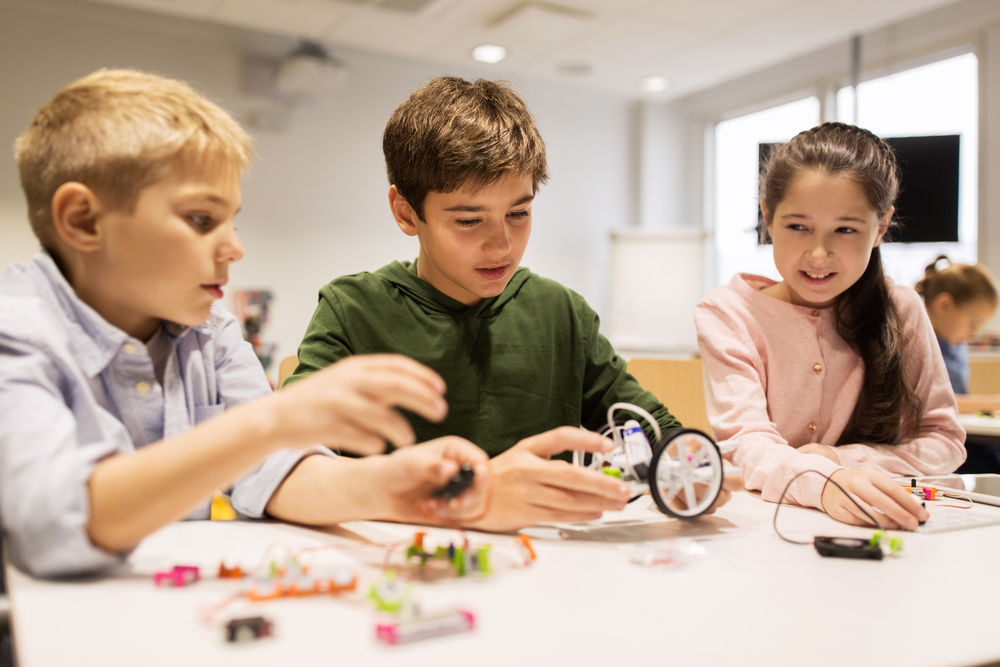Problem-Solving Skills Normal Science Worksheets for Ages 5-7
9 filtered results
-
From - To
Unlock the potential of young minds with our "Problem-Solving Skills Normal Science Worksheets for Ages 5-7." Designed specifically for early learners, these engaging worksheets aim to enhance children's cognitive abilities through fun and educational science activities. Our carefully crafted materials encourage critical thinking, logical reasoning, and collaborative learning—crucial skills for academic success. Each worksheet offers age-appropriate challenges that stimulate curiosity and creativity. Perfect for classrooms and homeschool settings, these worksheets help build a strong foundation in essential problem-solving skills while inspiring a lifelong love of science. Discover the joy of learning and the thrill of solving problems with our science worksheets.
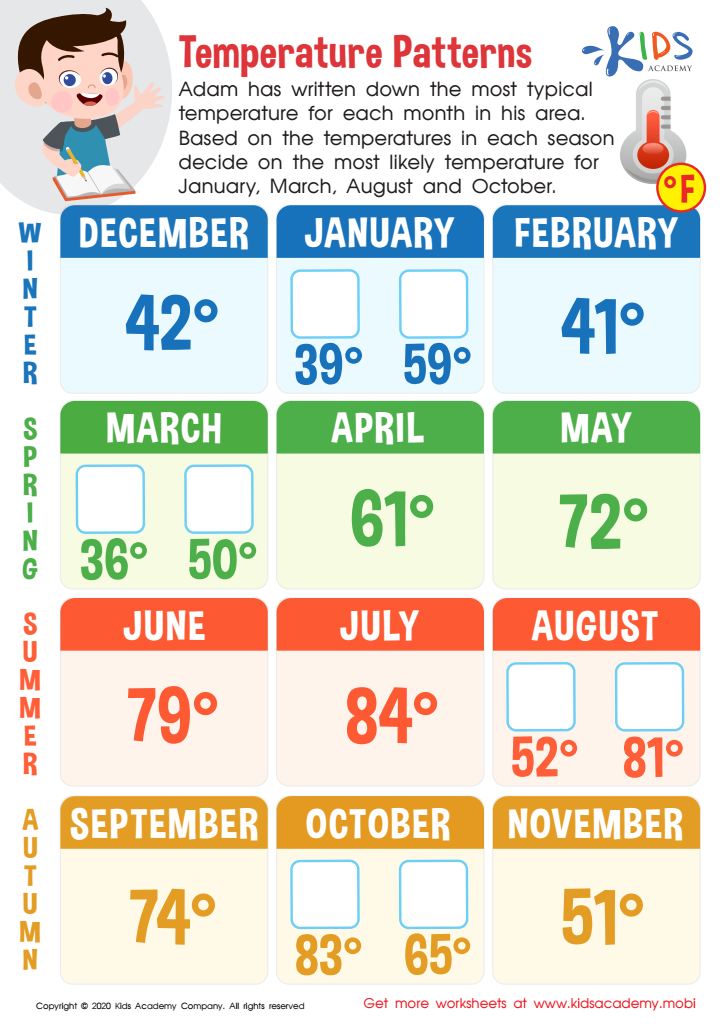

Temperature Patterns Worksheet
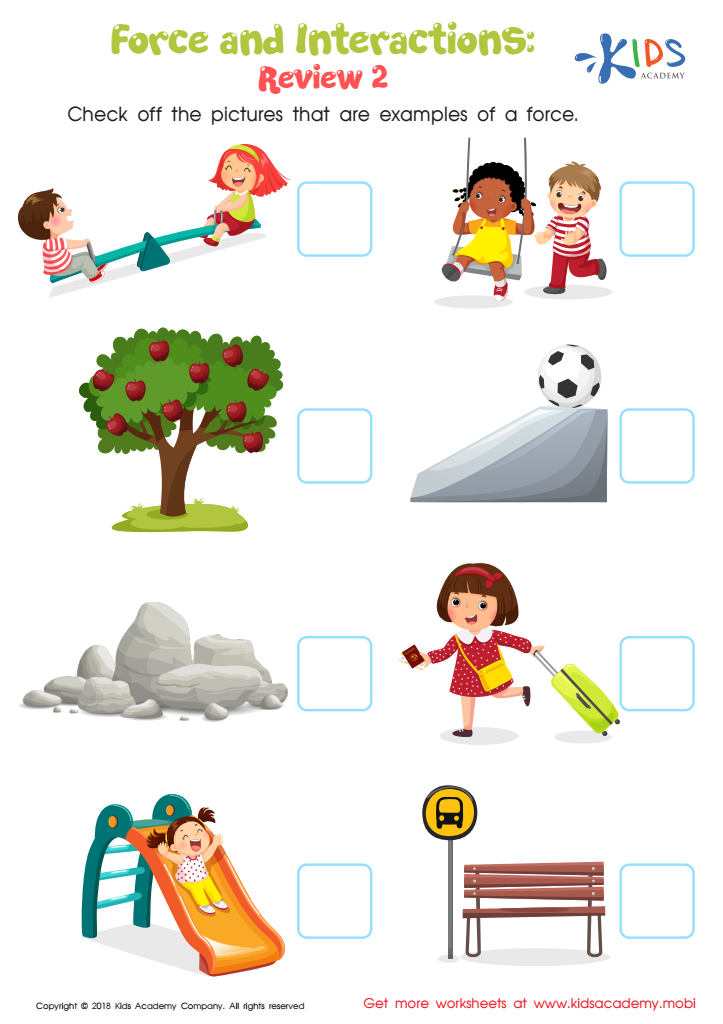

Force and Interactions: Review 2 Worksheet
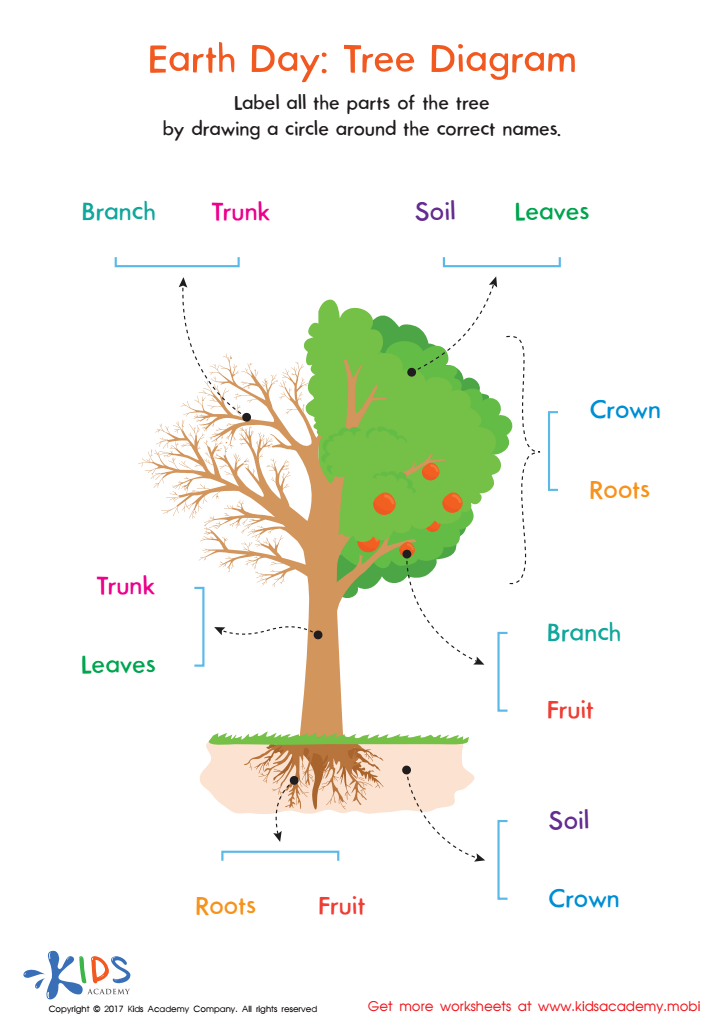

Earth Day: Tree Diagram Worksheet
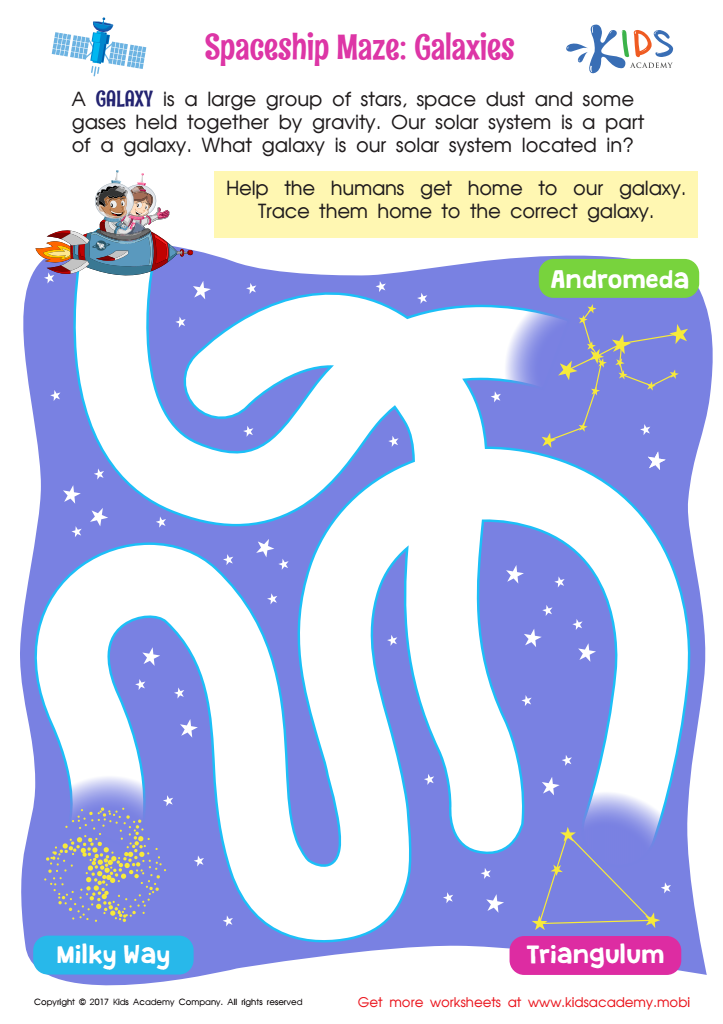

Spaceship Maze: Galaxies Worksheet
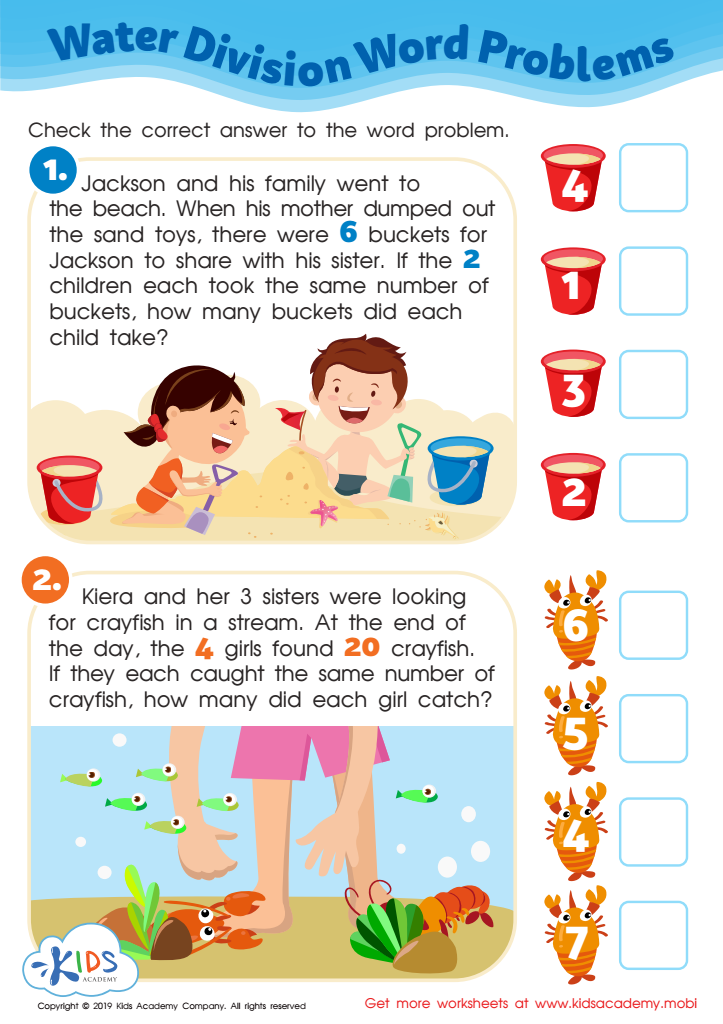

Water Division Word Problems Worksheet
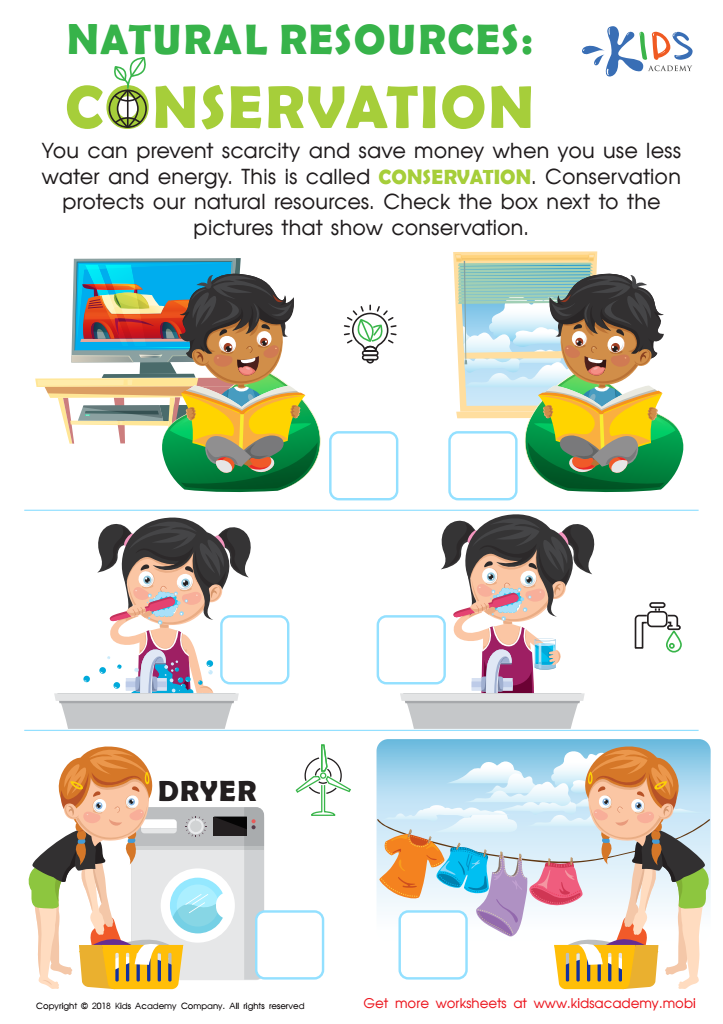

Natural Resources: Conservation Worksheet
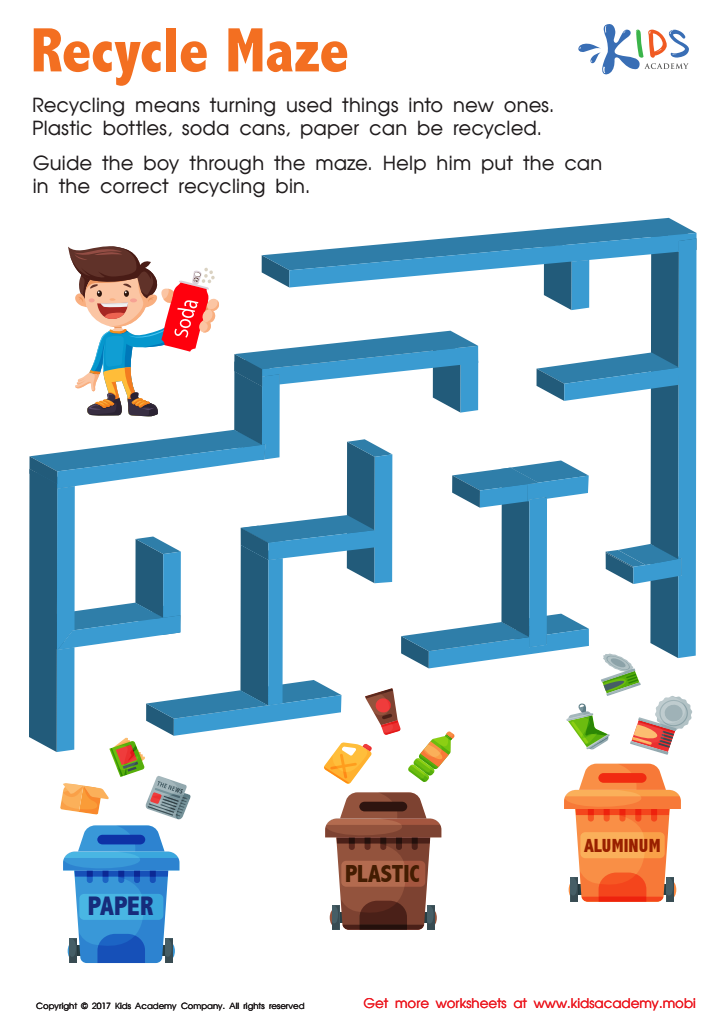

Recycle Maze Worksheet
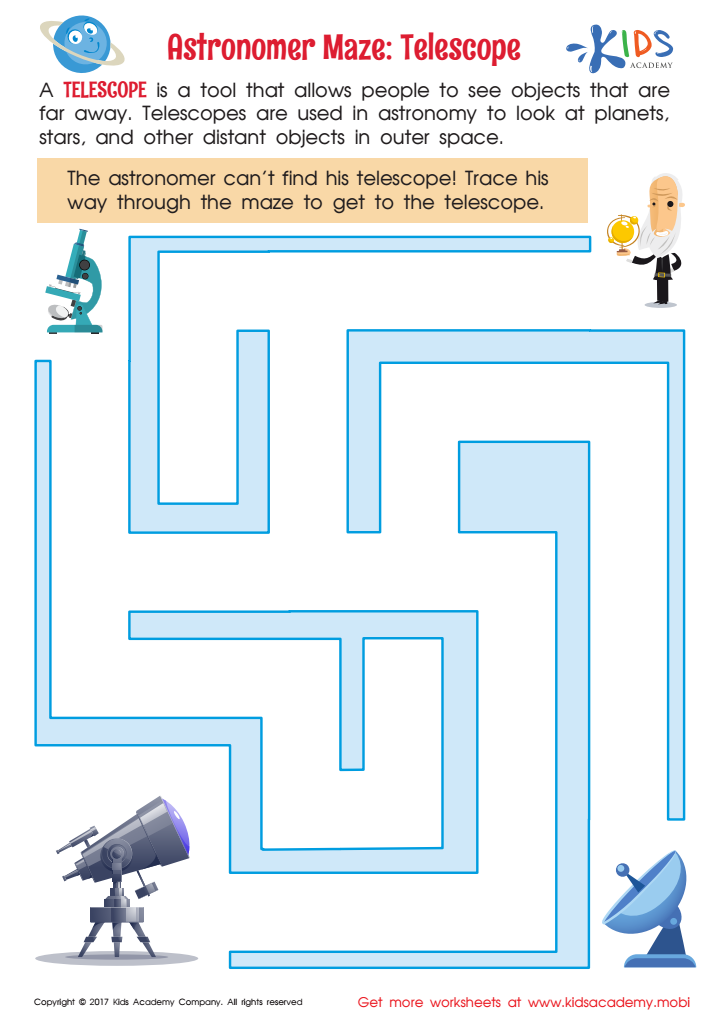

Astronomer Maze: Telescope Worksheet
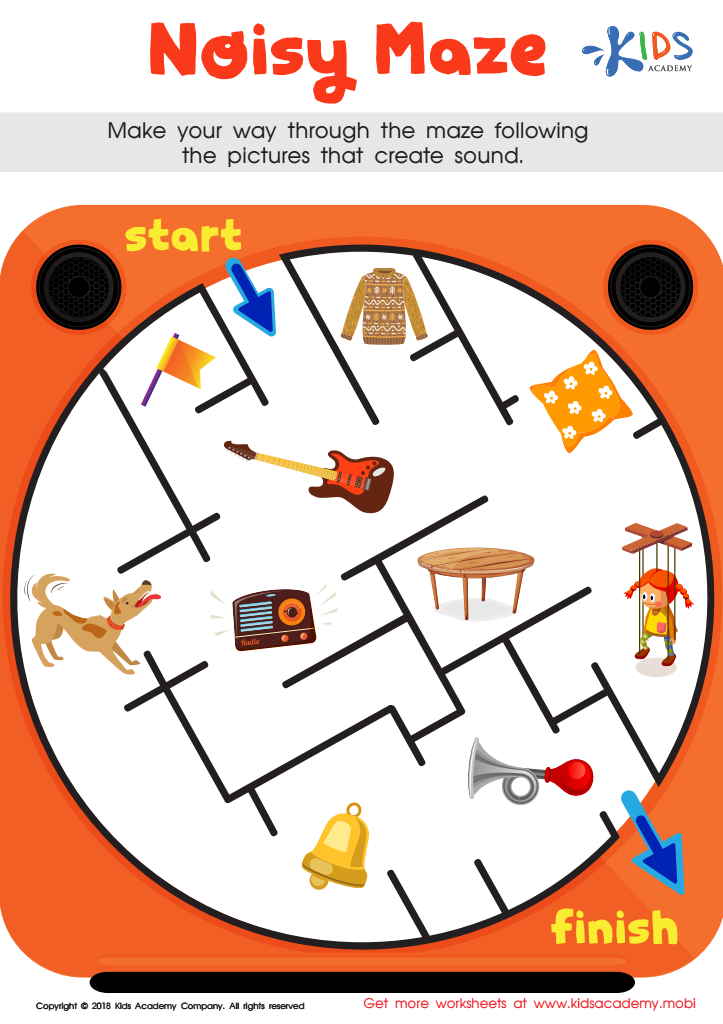

Noisy Maze Worksheet
Problem-solving skills are crucial for young children because they lay the foundation for critical thinking and independent learning, which are essential in both academic settings and everyday life. For children aged 5-7, integrating these skills through "Normal Science" activities—that is, engaging them in structured scientific exploration and inquiry—can be particularly effective.
During these formative years, children are naturally curious and eager to understand the world around them. By introducing problem-solving in a scientific context, parents and teachers can harness this curiosity to develop their analytical skills. Activities like observing nature, experimenting with simple materials, or exploring cause-and-effect relationships encourage active learning and critical thinking.
Moreover, problem-solving exercises help children improve their cognitive abilities by challenging them to think logically and creatively. This not only boosts their confidence in handling academic challenges but also prepares them for real-world situations where they must weigh options, make decisions, and foresee outcomes.
Additionally, collaborative problem-solving in science fosters social skills such as communication, teamwork, and empathy. By discussing ideas and solutions with peers or adults, children learn to articulate their thoughts, listen to others, and build constructive relationships. Thus, parents and teachers should prioritize problem-solving skills in early science education to cultivate well-rounded, capable, and confident individuals.

 Assign to My Students
Assign to My Students



